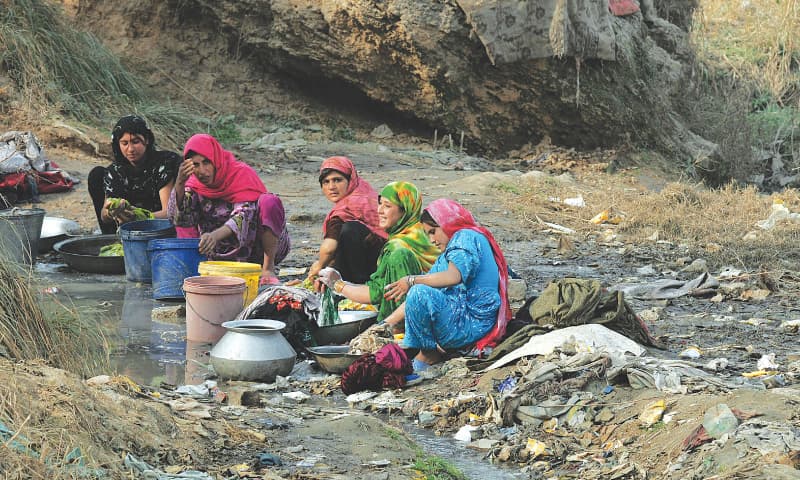ISLAMABAD ( WEB NEWS )
In a briefing to the Senate Standing Committee on Water Resources, it was revealed that the water from several filtration plants, tube wells, and waterworks in Islamabad is unsafe for health. The committee expressed deep concern over the matter and directed the Director General of Water Quality to retest Islamabad’s water supply. The meeting, chaired by Senator Shahadat Awan, took place at the Parliament House on Monday.
Officials briefed that in June 2024, the PCRWR conducted water tests in Islamabad. Out of 127 tube wells, water from 22 was found unsafe, while 105 were deemed safe. Out of 108 water filtration plants, 39 were found unsafe, and 69 were safe. Additionally, water from 5 out of 12 waterworks was unsafe, and in rural water supply schemes, water from 33 out of 41 sources was unsafe. Senator Shahadat Awan expressed concern over the situation, stating that the federal capital is facing such unsafe water distribution and questioned what actions the CDA had taken following the report.
The committee chairman also pointed out that despite the unsafe water from 22 tube wells, they were still operational. CDA officials, in an unsatisfactory response, stated that they had four waterworks and 100 filtration plants. The Secretary of Water Resources added that Islamabad’s water infrastructure is outdated and needs to be replaced.
During the briefing, concerns were also raised about the Solarization Policy for tube wells in Balochistan. Officials reported that underground water levels in Quetta and other cities had dropped to alarming levels. The Secretary of Water Resources warned that if the situation persists, the capital of Balochistan may need to be relocated from Quetta. He added that while the solarization policy allows for water extraction, there needs to be a parallel policy to regulate water usage, and the Balochistan government should commit to banning new tube wells.
The meeting also discussed the deteriorating water situation in Balochistan. There are 18 river basins in Balochistan, but no water surveys have been conducted since 2021. It was revealed that Balochistan has 46,000 registered tube wells, but the actual number is in the hundreds of thousands, with many operating illegally and contributing to electricity theft.
During the session, inaccurate data regarding dams in Balochistan also raised concerns. The committee chairman criticized the inconsistencies, stating that sometimes officials report 64 dams, other times 200, and in some places 1,500 or even 4,100 dams are listed. The Secretary of Water Resources clarified that there are around 1,500 dams in Balochistan, with ongoing work on several projects. The committee was also informed that 41 water-related projects in Balochistan have been completed under the PSDP at a cost of 45 billion rupees, while 21 projects are still in progress.

